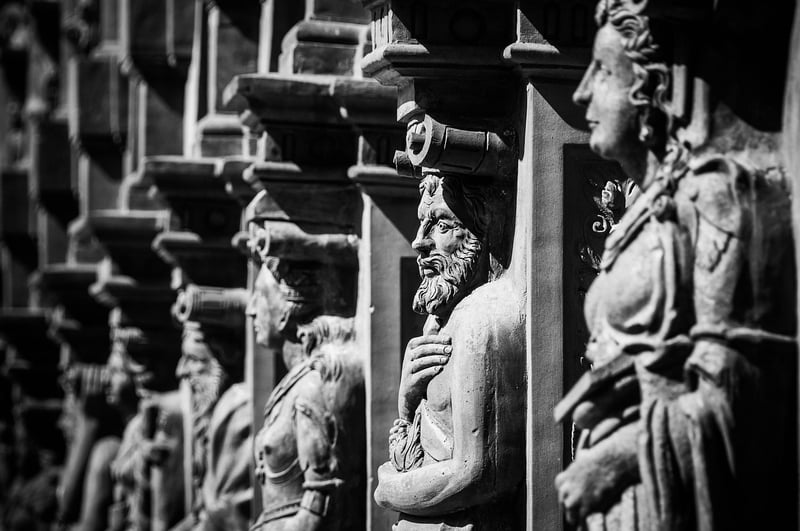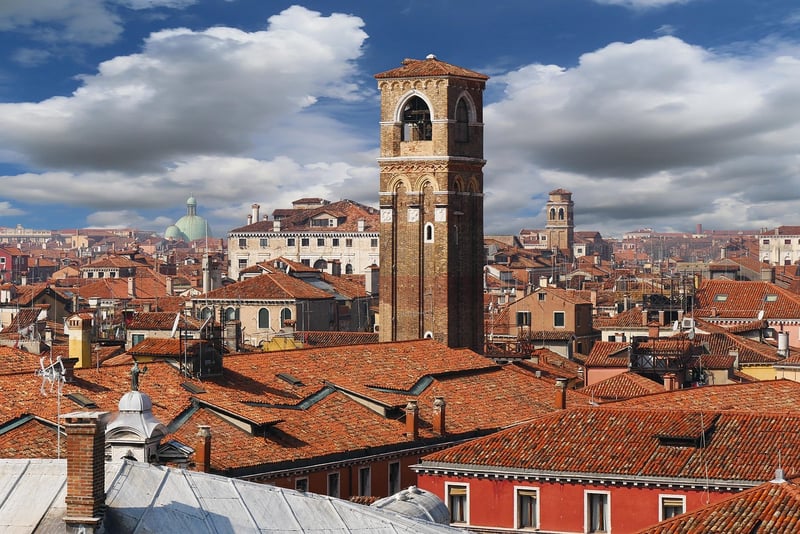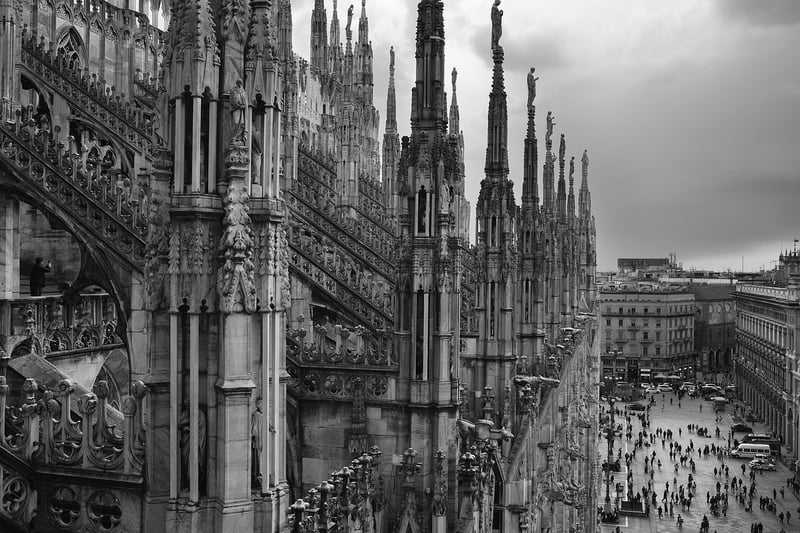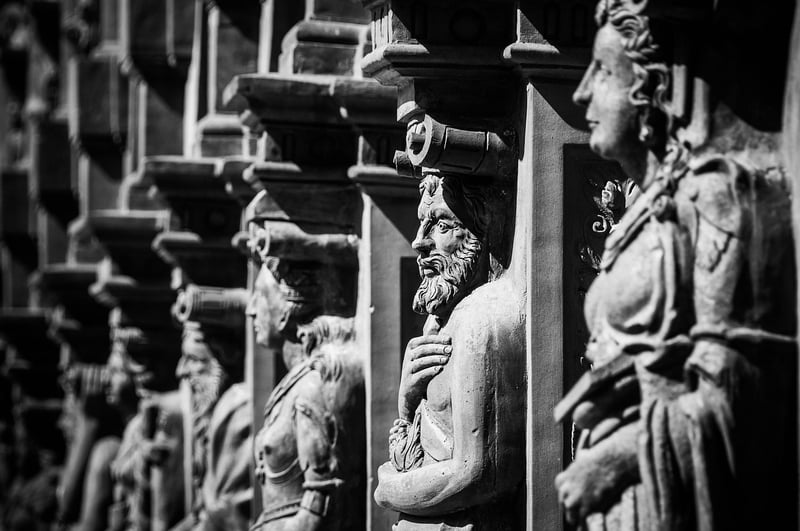Renaissance Experience
Witness History Unfold: The Renaissance Experience

The Renaissance period, spanning from the 14th to the 17th century, was a time of remarkable cultural, artistic, and scientific growth in Europe. It marked a transition from the medieval period to the modern era and saw the revival of interest in classical learning and values.
The Artistic Renaissance
One of the most prominent features of the Renaissance was its flourishing art scene. Artists like Leonardo da Vinci, Michelangelo, and Raphael created masterpieces that continue to captivate audiences to this day. The period saw a shift towards realism and perspective, with an emphasis on human anatomy and emotion in art.

Scientific and Intellectual Advancements
Alongside the artistic renaissance, the period also witnessed significant advancements in science and intellectual pursuits. Figures like Galileo Galilei and Johannes Gutenberg made groundbreaking discoveries that revolutionized our understanding of the world and facilitated the spread of knowledge through the invention of the printing press.
Architectural Marvels
Renaissance architects created some of the most iconic structures in history, such as St. Peter's Basilica in Vatican City and the Palazzo Vecchio in Florence. Their use of classical design principles and innovative engineering techniques left a lasting impact on architectural styles for centuries to come.

Experience the Renaissance Today
While we may not be able to time travel back to the Renaissance, we can still experience its legacy through visiting museums, art galleries, and historic sites that preserve this rich cultural period. Immerse yourself in the art, architecture, and ideas that defined an era of innovation and creativity.
Step into the past and witness history unfold before your eyes. The Renaissance experience awaits!
For more information on the Renaissance period, visit History.com.
